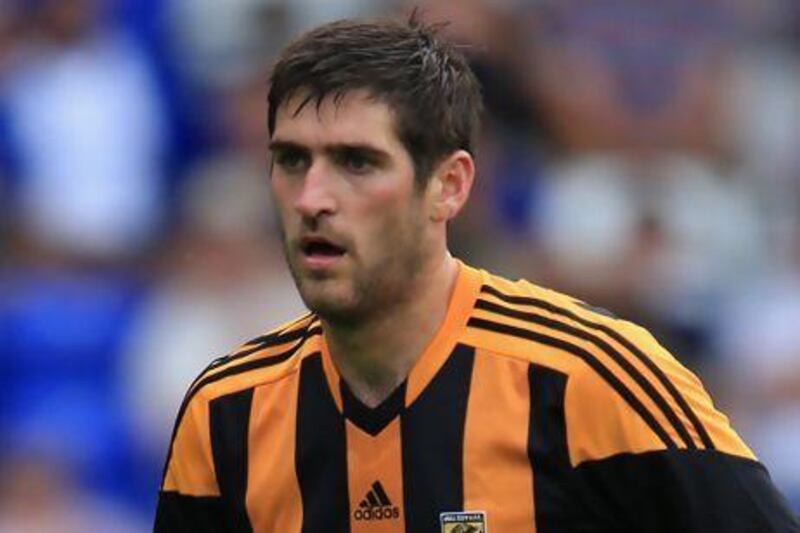By Ian Holloway's standards, it was a forgettable utterance. The usually quotable Crystal Palace manager has acquired a cult following because of his colourful phrases, taste for the absurd and sense of humour.
In comparison, branding the English Premier League "the toughest division in the world" was rather mundane. This was conventional wisdom from an unorthodox manager, a familiar statement that the top flight provides an intimidating environment for arrivals from the Championship.
The gulf between the divisions – whether in terms of finances or football – is vast.
For some, it is unbridgeable.
And yet a study of recent history suggests there has never been a better time to be a promoted club. Not merely because participation in the Premier League is more lucrative than ever before, although clearly that helps, but because of their immediate predecessors.
Of the last six teams to go up, only one, Reading, came straight back down again. Three of them – Swansea City, Norwich City and West Ham United – have gone straight into mid-table and a fourth, Southampton, finished 14th last season.
Moreover, both Swansea and Norwich flew still higher in their second season.
So for Cardiff City, Hull City and Palace, the omens appear good. Except that, in time-honoured fashion, the newcomers to the division are immediately installed as the favourites for the drop. Some are tipping all three to make an immediate return to the Championship.
Yet there is a clear division between them. While Cardiff were the division's runaway winners, Hull and Palace finished only 25 and 18 points clear of the relegation zone respectively.
While the Welsh club rank among the Premier League's big spenders, the others have dealt at the lower end of the market.
When Cardiff saw Blackpool winger Thomas Ince reject an £8 million (Dh45.4m) move, they, too were frustrated. Instead, they responded by breaking their transfer record three times and strengthening the spine of the side with Denmark striker Andreas Cornelius, England defender Steven Caulker, and finally, Sevilla's Gary Medel, an £11m addition to the midfield.
Derby County right-back John Brayford is the only other addition, but the emphasis has been on quality, not quantity.
The harsh interpretation is that Hull have taken the opposite approach. Overspending during their last stay in the Premier League almost bankrupted the club and they are understandably adamant there will not be a repeat. Their major striking target, Burnley's Charlie Austin, failed a medical, and their two attacking additions are Danny Graham, who did not score a goal after his £5m move to Sunderland, and Yannick Sagbo, who only struck 25 times in three years for Evian Thonon in France.
Too many other additions lack real pedigree. On paper, it bodes badly, although at least, with eight players arriving, manager Steve Bruce has bolstered most sections of his squad.
Play-off winners Palace, in contrast, may be weaker than when they won at Wembley Stadium in May in the play-off final, simply because Wilfried Zaha, their outstanding player that day, is now at Manchester United. Holloway's recruits are a real mixed bag, from striker Kevin Phillips, 40, who scored the goal that sent them up, to record buy Dwight Gayle, who was playing non-league football 16 months ago.
Yet as Holloway accepted in typically entertaining fashion, they have been thwarted more often than not in their attempts to bring players in.
"Myself and the chairman are going to sit down and have a look at the targets we have shot at, and go from a scattergun approach to the rifle," he said.
That method brought him a Gunner – Marouane Chamakh, signed from Arsenal – but without seeming to give shape or focus to Palace's recruitment drive.
In any case, rather than shooting for the stars, reality dictates the target is 17th place. So it was for Holloway's Blackpool who, on a minuscule budget, almost stayed up in 2010/11. Hull's maiden season in the Premier League did culminate in unexpected survival in 2009 before demotion 12 months later.
For Cardiff, this is a first season in the top flight since 1962. With Swansea alongside them, the Premier League has never been more Welsh. And, in their bid to beat the drop, local rivals are role models.
Cardiff are the likeliest of the new arrivals to march – and finish – in mid-table. Palace and Hull are in greater danger of proving Holloway right.
Follow us
[ @SprtNationalUAE ]






